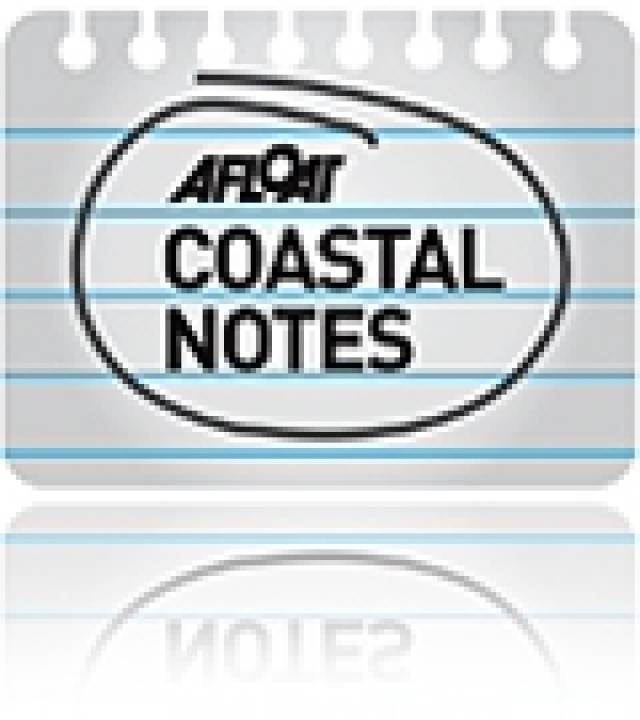#CoastalNotes - The vast majority of Irish beaches are fit for bathing, according to the latest figures from the Environmental Protection Agency (EPA).
But as The Irish Times reports, any bathing spots that fail to meet the EU's minimum requirements in future will be closed for an entire season.
Of the 135 bathing places assessed by the EPA over the past 12 months, just four were rated as 'poor' quality.
Two of these were in Co Galway - Ballyloughane in Galway city, which experienced two pollution incidents; and Clifden, which "continues to be subject to episodic pollution" after it was identified among 40 towns nationwide still discharging raw sewage, though work is ongoing to upgrade the local treatment plant.
Some 114 bathing spots were rated 'good', and would have been rated higher if not for low but persistent bacterial levels in some East Coast waters.
Nationwide, the EPA's verdict is that better wastewater management practices have resulted in improving standards, maintaining Ireland's position as "one of the best countries in northern Europe" for water quality.
The Irish Times has much more on the story HERE.
































































